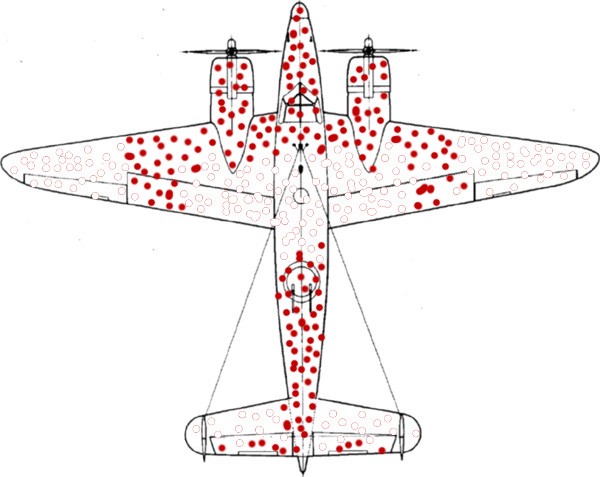I'd agree that accessibility isn't equal to "a better game" however the topic is about bringing in new gamers to the hobby. Accessibility is a huge factor in preventing people from even trying the game. I have first hand experience just this month with an avid boardgamer who was afraid to come try 5e because they were picturing an entire book full of rules they didn't know and we're intimidated.
When I described the rules as "The GM will tell you how to do your action. You are going to roll a d20 and add the number on your sheet from that section" they realized the game is easier to engage in than Gloomhaven can be.
People say B/X is easier to teach, but I find the simplicity of d20+mod>=DC so much easier to explain than the various subsystems in the rules-old-school.
So there is a simple, easy-to-understand difference between B/X (for example) and 5e.
When you focus solely on the d20+mod .... you are forgetting that the number of player-facing options in 5e can be staggering. Even with just the basic rules pdf, there are a lot of options and fiddly bits that the player has to deal with.
On the other hand, creating a character, even for the first time, and playing in B/X (assuming you have a DM that knows the rules) is incredibly simple in B/X.
I don't want to overstate this too much- you can always use pregen characters, you can use standard arrays for ability scores, you can try and narrow the player-facing options down, but while 5e isn't ... you know, 3e or anything, it relies on expanding the player-facing options.
I have seen this when newer players engage in the game; they get frustrated not because of d20+option, but because of the character creation process, or knowing when to use their character abilities, or figuring out their cantrips/spells, or other things that seem simple once you are used to the paradigm.
TLDR; B/X can make most of the issues DM-facing early on, allowing players to concentrate on playing. In 5e, as simple as it is compared to some other games, most of those issues and choices remain player-facing.

